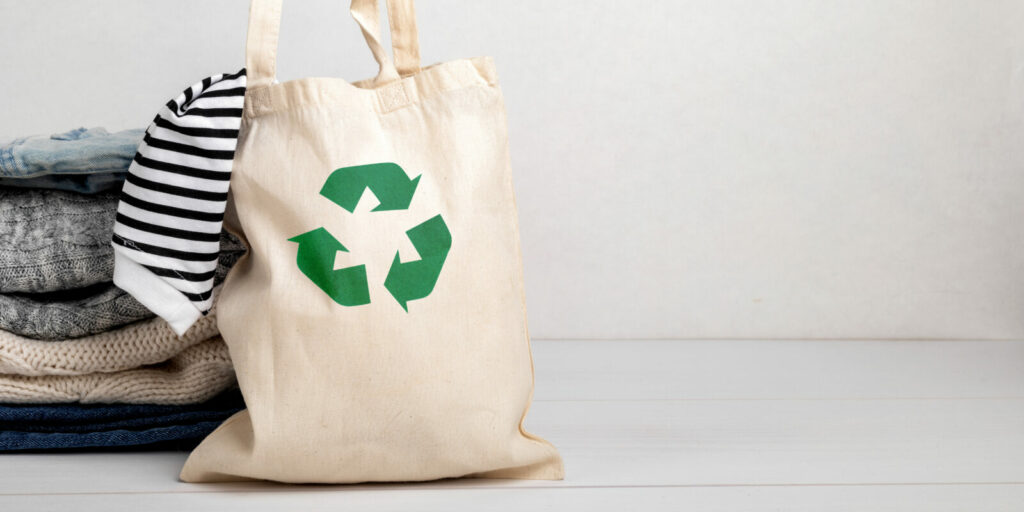Buying and reselling second-hand goods has become increasingly popular in recent years. Consumers are more aware of the environmental impact of over-consumption and are looking for sustainable alternatives.
The research institute MOAÏ recently published the results of its latest online study on consumer trends in 2023.
According to the study, young seniors (aged 55-64) are the most likely to buy or sell second-hand goods. One in two young seniors say they “buy second-hand products such as clothes, household appliances, equipment, etc.”, 13 percentage points more than retired people. The frequency of reselling products such as clothes, household appliances and equipment is also higher among younger people. In fact, 50% of those aged 55-64 do so ‘sometimes’ (44% of those aged 65 and over) and 18% ‘very often’, compared with 8% of the elderly.
Generational differences can be seen in the buying and selling habits of older people.
₋ Older people from the Silent Generation may be more reticent about buying second-hand products because of their attachment to the value of ownership. For them, owning something new is often synonymous with prestige and social status. However, they may also adopt more responsible consumer behaviour by reselling or donating goods they no longer need.
₋ Baby-Boomers, born between 1946 and 1964, are also more inclined to buy new rather than second-hand goods. Yet a study conducted by eBay in 2019 revealed that almost 42% of Baby Boomers had bought or sold second-hand products recently on their online platform. They also see the second-hand market as the sale or purchase of antiques and second-hand objects. Their preference for new products is explained by their search for guaranteed quality, reliability and comfort…
₋ Generation X, born between the mid-1960s and the early 1980s, takes a more pragmatic approach to buying second-hand. Faced more with financial constraints, this generation sees second-hand products as an economical and practical solution. They are more inclined to look for bargains and take advantage of the opportunities offered by the second-hand market.
₋ The younger generations, the Millenials and Generation Z, are more open to the idea of buying second-hand products. Their environmental awareness plays a key role in this attitude, as they are aware of the impact of over-consumption on the planet. What’s more, these generations are also often faced with financial constraints, which leads them to look for more affordable alternatives. They are also inclined to participate in the Sharing Economy, where they can exchange, rent or share goods rather than buy them new.
Seniors, for their part, are less inclined to rent products rather than buy them, although there are fewer reluctant buyers among younger seniors (81% of those aged 65 and over do not rent, compared with 69% of those aged 55-64).
What about their intention to buy and resell second-hand products?
Around one senior citizen in five plans to buy or sell second-hand products, but this depends on their confidence in online sites. Data from the MOAÏ study reveals that trust is a crucial factor when they make second-hand purchases. They attach great importance to the reputation of sellers and the quality of products. Online platforms that offer guarantees, ratings and feedback from other buyers are particularly popular with working and retired people.
Source: MOAI consumer trends 2023 – conference on 6 June 2023
Also to read:




